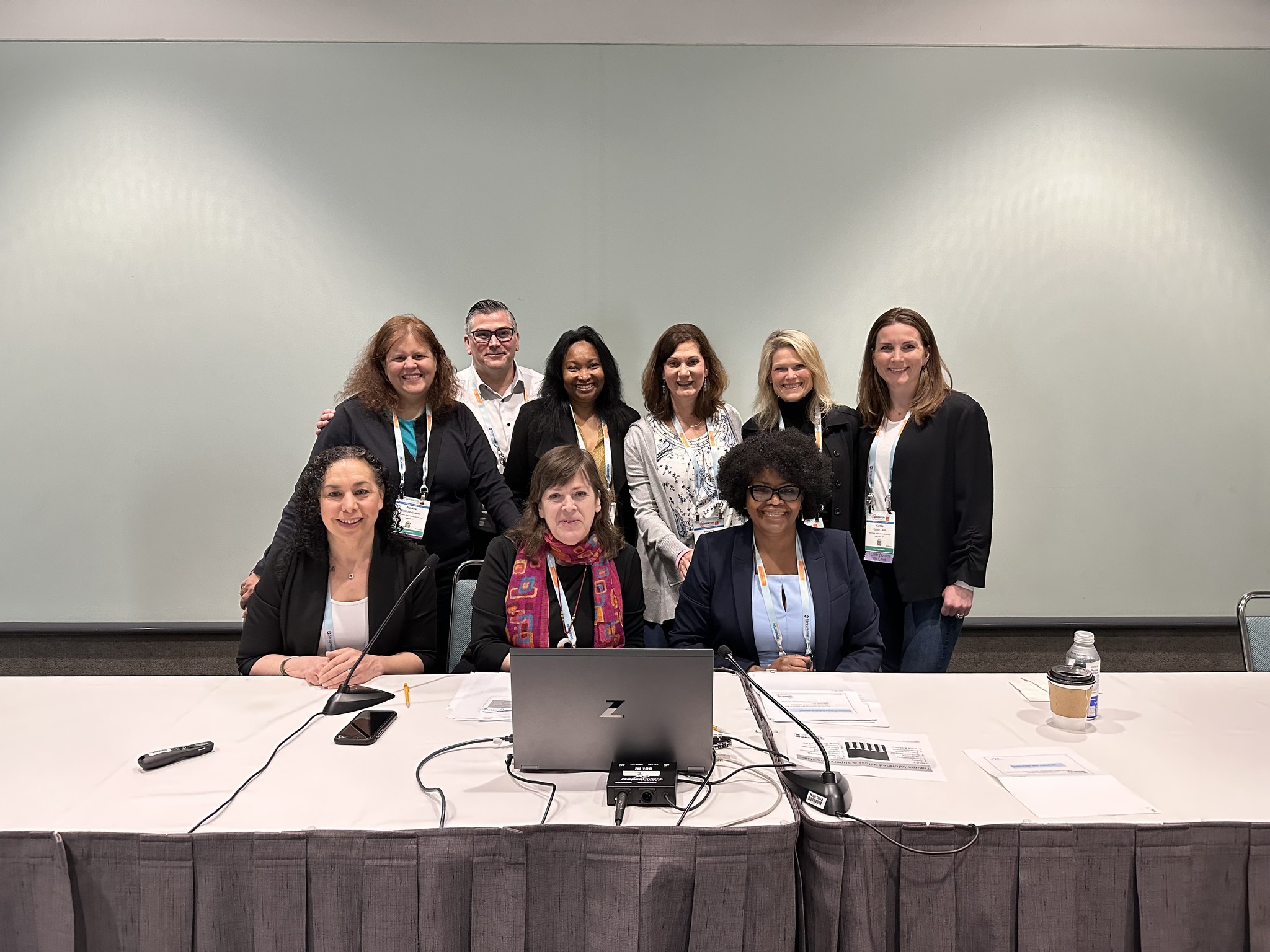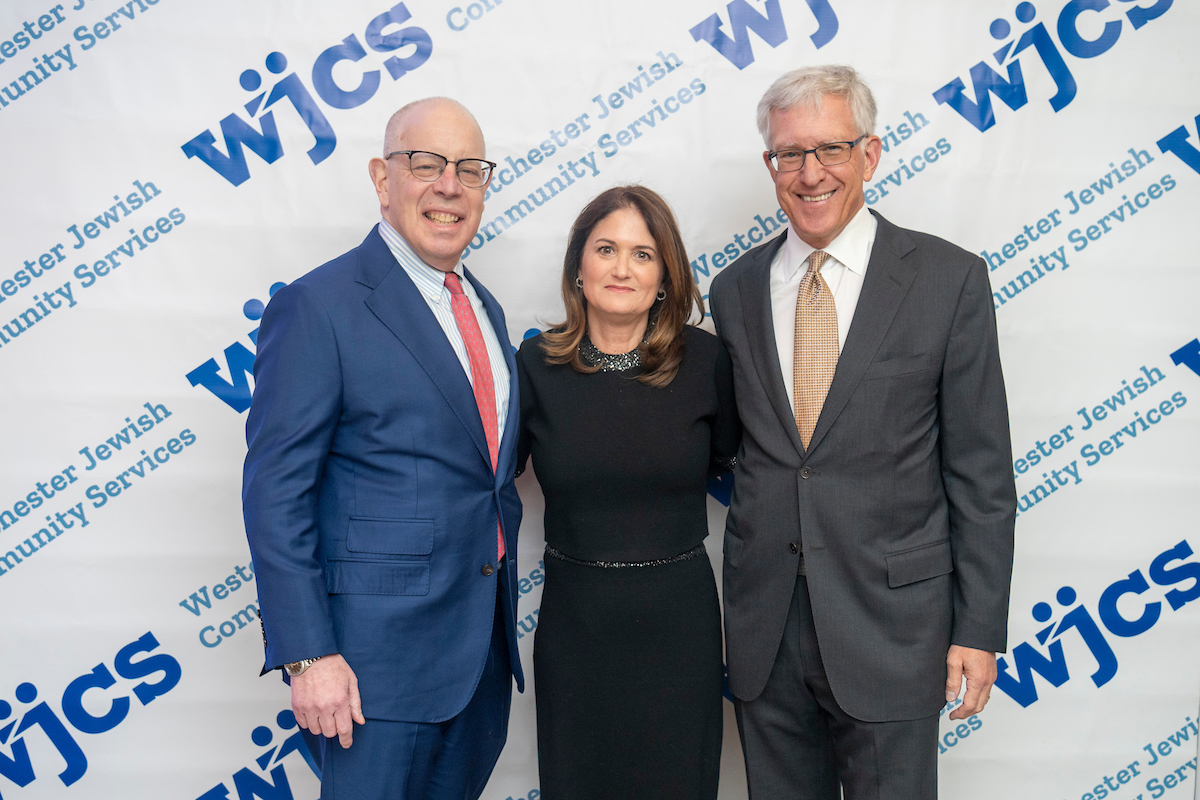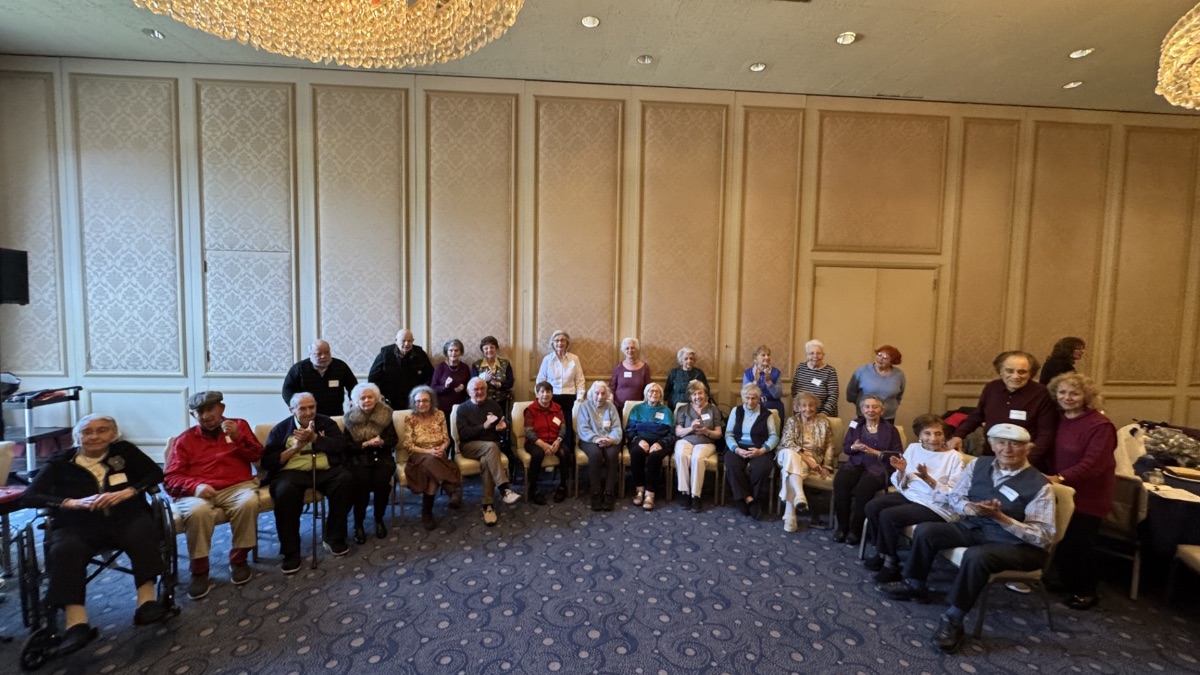WJCS Chief Psychologist & Director Presents at National Conference About Importance of Trauma-Informed Supervision to Respond to the Collective Traumas of COVID-19 and Racism
The National Council for Behavioral Health Conference, typically referred to as NatCon, is the largest mental health and substance use conference in the world. Dr. Liane Nelson, Ph.D, Chief Psychologist at Westchester Jewish Community Services (WJCS) and Director of the WJCS Trager Lemp Center for Treating Trauma and Promoting Resilience, and Reverend Daphne Swinton, LMHC, MPA, gave a presentation on Implementing Trauma-Informed Supervision to Respond to the Collective Trauma of COVID-19 and Racism at the NatCon conference in Los Angeles in May.
“Our goal was to emphasize the importance of providing trauma-informed supervision to a broad array of human service workers, especially at a time when the traumas of racism and the COVID pandemic have skyrocketed,” said Dr. Nelson.
The five pillars of trauma-informed supervision, said Dr. Nelson and Reverend Swinton, are:
1. Reflective Listening
2. Honest Communication
3. Strength-Based Action and Language
4. Elicit Provide Elicit
5. Assume That Staff Are Doing Their Best
Dr. Nelson trains agencies throughout Westchester County and New York State about the risks of vicarious trauma— which often affects individuals who work closely with trauma survivors, and especially impacts first responders, case workers, mental health workers, and anyone who is in direct contact with those who have experienced trauma.
Victims of trauma have had their sense of safety, control, and predictability taken away. The goal of helping people with trauma is to restore their sense of safety, control, and predictability.
In Dr. Nelson and Reverent Swinton’s presentation, they differentiated between different kinds of trauma. Racial trauma or race-based traumatic stress is rooted in the physical, emotional, and psychological pain associated with personally experiencing or witnessing racism or discrimination. It may co-occur with other traumas. COVID pandemic trauma affects everyone’s sense of safety, predictability, and control, although people have different thresholds for fear and risk. Vicarious or Secondary Trauma is an occupational hazard for anyone who works with trauma survivors.
Being aware of the signs of trauma and taking steps to practice self-care and connect with others are essential to ensuring a life of wellness and balance.
Learn more about the WJCS Trager Lemp Center for Treating Trauma & Promoting Resilience and the trauma trainings it offers throughout Westchester and New York State.





